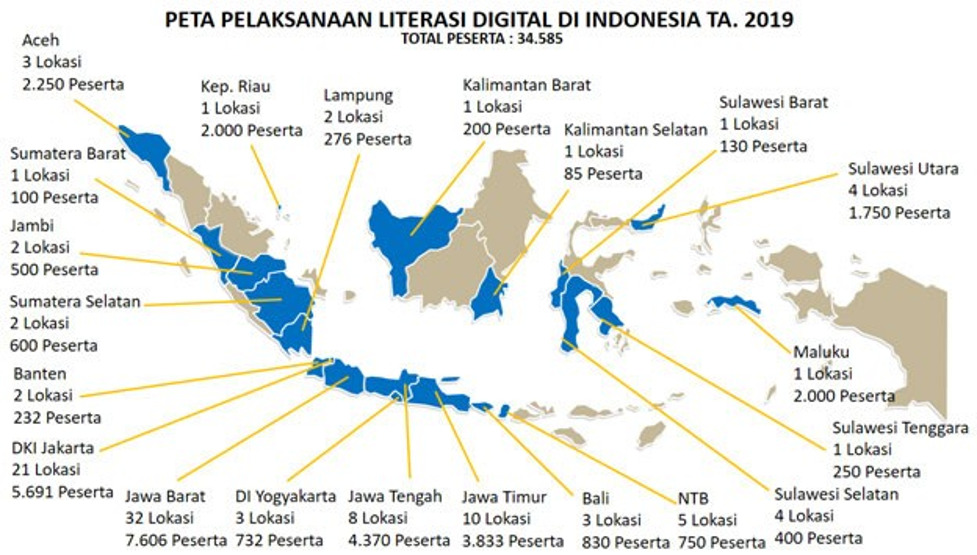https://www.youtube.com/watch?v=vww7JLcrJl4
8:05 - 16:20 GTD
- Capture
- Clarify
- What is it?
- Is it actionable? What is the action?
- Is it a project?
- Batching
- Reflect
- Review over lists/calendars daily/weekly
- Engage
17:30 They use the phrase "atomic" paper based index cards, so they've been infected by the idea of "atomic notes" from somewhere, though it seems as if he's pitching that he's "invented" his card system as if from scratch.
19:45 He mentions potentially using both sides of the card, against the usual (long term) advice.
20:00 Analogizes his cards as ballerinas which work together, but each have their own personalities and function within the ballet
He's using a leather cover for Moleskine pocket notebook and Manufactum A7 index cards, as well as a box
Sections of his box:
- to erase
- inbox
- next actions
- projects (3 categories of projects)
- someday
- to delegate
- tickler (by month and by day; 12 months and 31 days)
- blank cards
Mentions erasing cards as he finishes them rather than archiving them.
Inspiration by How to Take Smart Notes by Ahrens
Recommends one item per card to make things easier and more actionable; also improves focus versus having a longer list. (28:00)
Portability
Sustainable (he erases)
High quality textile experience
The ability to shift between associative modes and sequential modes seems to work well with such a system.
They distinguish between atomic notes and "stellar" notes. Stellar being longer lists or more dense notes/outlines/etc.
Project cards<br />
titles and project numbers (for reference)
Project numbers in the top right with a P and/or M below it for<br />
- P for paper<br />
- M for email data<br />
- D for digital files
which helps him find reference materials
Weekly review with all cards out on the table
Expansion pack includes:
- action
- calendar
- waiting
Search was quick and easy, but had to carry his box back and forth to work.
Stopping doing it because he was losing the history (by erasing it). Moving to notebook and he likes fountain pens. He likes the calendar portion in his notebook.
He tried it out for the sake of experiment.
In the paper world things are more present and "in your face" versus digital formats where things can disappear.
